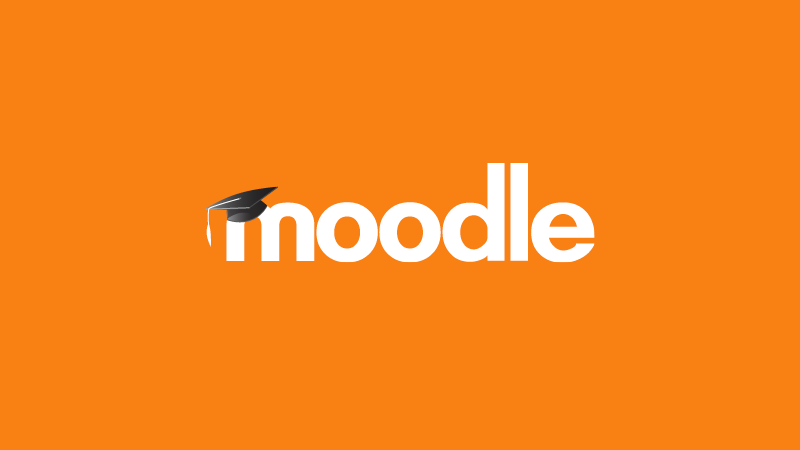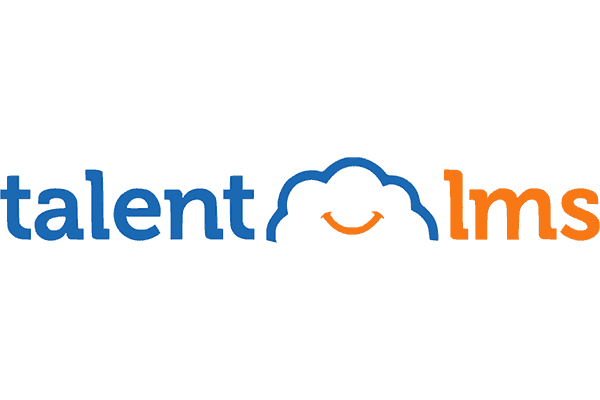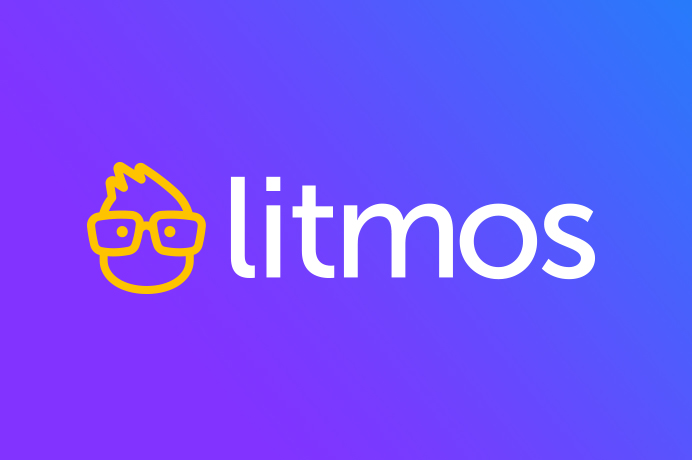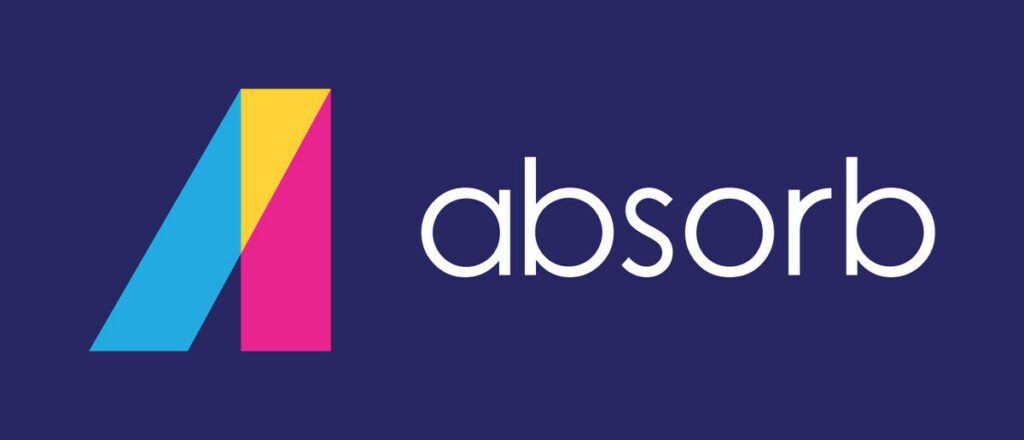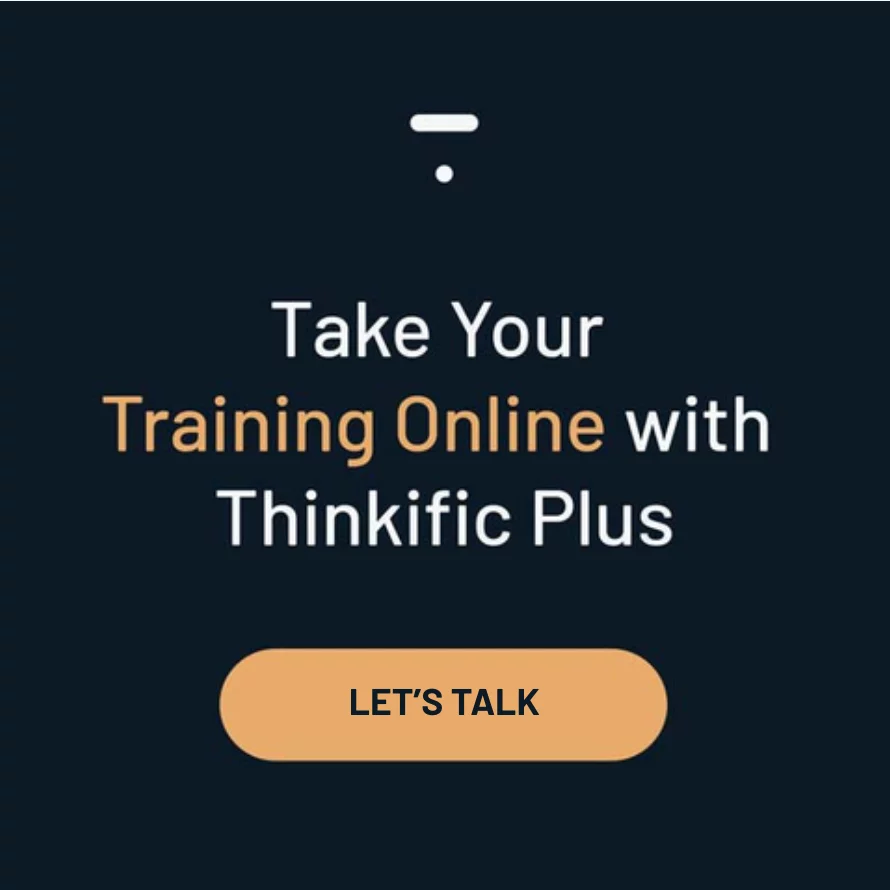What do you think of when you hear “learning manager”? Maybe it’s a teacher, professor, principal, or coach. It may even be a supervisor or boss. You probably weren’t thinking of digital software, but that’s precisely what’s dominating workplace learning around the world. Especially with software like Cornerstone.
Cornerstone Learning Management System (LMS) is an enterprise-level software platform used to deliver online learning content to employees, students and other users. It enables organizations to manage the entire training cycle from course creation to employee engagement.
The system provides a comprehensive suite of features including course authoring, registration management, assessment tools, reporting capabilities and e-commerce integrations.
Organizations may consider switching to one of the Cornerstone LMS competitors for a variety of reasons. These can include cost, features or ease of use. Other organizations may be looking for an open-source solution or platform that provides more flexibility and customization options.
In this article, we will explore some of the top Cornerstone LMS alternatives and provide an overview of their features and pricing, as well as help you learn how to find an LMS for your growing business.
Skip ahead:
- Factors to Consider When Evaluating Cornerstone LMS Alternatives
- Top Cornerstone LMS Alternatives
- Making the Right Choice for Your Organization
- Conclusion
- Frequently Asked Questions
| Platform Name | Key Features | Pricing |
| Thinkific Plus | In-app store; b2b group management; unlimited administrators; communities, Dedicated Customer Success Team, Single Sign-On OpenID (SSO), Enterprise API access, Advanced CSS customization, Plus Portal, Custom migration planning, Salesforce integration, Multiple seats and tiered pricing checkout options, White-labeled mobile app Advanced security features. | Custom Pricing |
| Moodle | course creation; assessment tools; customizable themes; reporting capabilities | Standard Moodle: Free MoodleCloud Standard Hosting Plan: $120/year Custom Solution: Custom Pricing |
| TalentLMS | course authoring; mobile access; gamification elements; e-commerce integrations | Starter: $69/month Basic: $149/month Plus: $279/month Premium: $459/month (all billed yearly) |
| Litmos | course authoring; customizable themes; assessment tools; reporting capabilities | Foundation Suite: Custom Pricing Premier Suite: Custom Pricing Platinum Suite: Custom Pricing |
| Absorb LMS | course authoring; mobile access; gamification elements; e-commerce integrations | Custom Pricing Starting Price: $14,500/year |
Factors to Consider When Evaluating Cornerstone LMS Alternatives
When evaluating Cornerstone LMS alternatives, it is important to consider the features and functionality that are most important for your organization’s training needs. Here are some factors you should consider before making your choice.
Your Organization’s Needs
Think about what type of company you are. Are there any specific industry requirements that are needed such as accreditation or certifications? Some learning management systems may be better suited for certain industries and offer features that align with their needs. For example, Cornerstone LMS is often used in the healthcare industry due to its comprehensive training tracking and reporting capabilities.
You should also be thinking about the size of your organization and whether or not you will need to scale up or down in the future. Some learning management systems are built for small businesses and may not be able to handle larger organizations. Alternatively, some platforms offer automated scaling which can help manage resources as needed.
Feature Set
The core functionalities of an LMS are usually the same regardless of the platform you choose. This includes course creation, learner registration and enrollment, tracking user progress and generating reports. Some platforms may offer additional features such as gamification or virtual reality simulations to enhance learning experiences. It is important to consider what type of content your organization will be delivering when evaluating Cornerstone competitors.
Consider any unique features or capabilities that you may need. Some learning management systems offer additional integrations such as video streaming, web conferencing and e-commerce options. Others may offer AI-driven personalized learning paths for users to help optimize their learning experiences. You should evaluate the features of each platform to ensure it meets your organization’s needs.
Pricing and Value
It is important to consider the pricing model of your learning management system. Most systems offer either a subscription or a one-time purchase option. Subscription models usually include recurring monthly costs, while one-time purchases have an upfront cost and may include additional fees for support or updates.
The value you get from any LMS should relate to its features and usability, not just the price tag attached to it. Consider how much time and effort your organization will save with specific features such as automated grading, user tracking or content authoring tools that are included in the system’s package.
Think about how the system will benefit your organization in terms of ROI and cost-effectiveness. Many organizations overlook this factor when purchasing an LMS, but it is important to consider the long-term benefits such as improved employee engagement or increased productivity that can be achieved with a more user-friendly learning management system.
Top Cornerstone LMS Alternatives
Here’s the top five Cornerstone LMS Alternatives.
Cornerstone LMS has long been recognized for its comprehensive learning and development solutions tailored for large-scale organizations. Yet, Thinkific Plus emerges as a formidable contender, bringing to the table a blend of powerful enterprise capabilities with a user-centric approach. It transcends traditional course creation, offering an ecosystem where both businesses and learners can thrive. From startups with big aspirations to multinational conglomerates, Thinkific Plus ensures every e-learning journey is seamless and impactful.
The Thinkific plus suite of tools includes In-App Store allowing you to sell your courses; B2B Group Management enabling organizations to manage multiple users and teams at once; Unlimited Administrators providing you with total control over who has access; Communities giving users an opportunity to interact and collaborate on projects; and Course Authoring for creating custom eLearning modules.
Pros:
- Intuitive Design: In contrast to the more complex interfaces like Cornerstone, Thinkific Plus prides itself on an intuitive design, making course creation accessible to all.
- Future-Proof Scalability: With a foundation built for growth, Thinkific Plus seamlessly accommodates businesses of all sizes and scopes.
- Unparalleled Support: More than just a platform, Thinkific Plus stands as a partner, with a team ready to fuel your e-learning success.
- Custom Brand Experience: Through white-labeling and a branded mobile app, Thinkific Plus ensures your e-learning modules echo your brand’s identity.
Cons:
- Rich Feature Set: With a plethora of features at your fingertips, there’s a brief learning phase, but it’s a pathway to unlocking unlimited e-learning potential.
- Designed for Enterprise & Growth: While primarily aimed at substantial ventures, Thinkific Plus’s architecture ensures even SMEs can harness its power and set the stage for future expansion.
Moodle is an open source Learning Management System (LMS) that makes it easy to create and deliver online courses. It allows instructors to create course structures, upload content, manage assessments and track student progress.
Moodle also includes features such as customizable themes, assessment tools, reporting capabilities and e-commerce integrations.
Pros:
- free version
- open source
- wide range of features and integrations
Cons:
- difficult to navigate
- not as intuitive as other LMSs
TalentLMS is a cloud-based learning management system (LMS) that allows organizations to create, deliver and track training programs. It provides comprehensive features such as course authoring, mobile access, gamification elements and e-commerce integrations.
The platform also offers customizable themes, drag-and-drop builders for creating courses quickly and easily, and assessment tools to evaluate the progress of learners.
Pros:
- easy-to-use platform
- great selection of features
- affordable
Cons:
- lacking in certain features compared to other LMS systems
Litmos is a cloud-based LMS that offers course authoring, customizable themes, assessment tools, and reporting capabilities. It also includes integrations with popular web services such as Salesforce, Office 365, Dropbox and Google Drive. The Litmos platform makes it easy for organizations to quickly create courses from scratch or upload existing content into the system.
The Litmos suite of tools includes Course Authoring for creating custom eLearning modules; Customizable themes for personalizing the look and feel of your learning portal; Assessment Tools allowing you to evaluate user performance; Reporting Capabilities providing detailed analysis of learner progress; and eCommerce Integrations enabling organizations to sell their courses online.
Pros:
- a comprehensive suite of features
- wide range of web integrations
- real-time progress-tracking
Cons:
- no open-source solution
- no up-front pricing
Absorb LMS
Absorb LMS is an enterprise-level software platform designed for organizations of all sizes. It provides a comprehensive solution for delivering, tracking and managing online learning content. The system offers features such as course authoring, mobile access, gamification elements, e-commerce integrations and reporting capabilities.
The system also includes advanced features such as automated workflows, personalized learning paths and integrations with other systems such as Salesforce and Slack. Additionally, Absorb LMS enables organizations to create custom reports based on their specific needs.
Pros:
- comprehensive & flexible feature set
- wide range of course options
- intuitive user interface
Cons:
- pricing model
- only available on Windows
Making the Right Choice for Your Organization
Choosing the right Learning Management System for your organization is an important decision. Each of these Cornerstone ondemand competitors has unique features, pricing plans and benefits, so it’s important to consider which one best meets the needs of your organization.
Start by weighing the pros and cons of each option. Consider the factors we discussed earlier, such as cost, features, ease of use, and scalability. Also, think about what type of learners you will be delivering content to (employees vs students) and how often they will access the system.
When selecting an LMS, it is important to prioritize your organization’s unique needs. Consider the type of content you will be delivering (for example e-learning courses or webinars) and which features are most important for your learners’ success. Additionally, think about how much customization and control you need over course delivery and reporting capabilities.
Finally, when selecting an LMS be sure to do your due diligence. Research each option thoroughly and read customer reviews to understand how well the platform works in practice. You should consider scheduling demos with vendors or speaking with existing customers to get a better idea of how their experiences have been with the system.
Conclusion
Organizations may consider alternative learning management systems to Cornerstone LMS for a variety of reasons, such as cost, features, or organizational needs. If Cornerstone LMS isn’t working for your and your company, it may be wise to consider Cornerstone ondemand alternatives like Thinkific Plus, Moodle, TalentLMS, Litmos, Absorb LMS, and Schoology. You can also look at this list of seven corporate LMS options.
Each of these platforms provides different features and pricing plans that fit different companies better than others, so it is important to compare them in detail before making a decision. Weigh the pros and cons, examine all the features they offer, and look at pricing plans as you explore these exciting new options.
Consider Thinkific Plus as an alternative to Cornerstone LMS
Amidst the vast sea of e-learning solutions, Thinkific Plus rises not just as an alternative to industry giants like Cornerstone but as a distinct platform brimming with innovation.
It’s a fusion of robust features and a philosophy that views e-learning as a mutual journey between educators and students.
Interested in how Thinkific Plus can revolutionize your organization’s e-learning endeavors?
Dive in and discover a new e-learning horizon.
Frequently Asked Questions
What are the main reasons organizations look for Cornerstone LMS alternatives?
Organizations may consider alternative learning management systems to Cornerstone LMS for a variety of reasons. These can include cost, features, or organizational needs. Other organizations may be looking for an easier solution or platform that provides more flexibility and customization options.
How do I know if a Cornerstone LMS alternative is right for my organization?
The best way to decide if an alternative learning management system is right for your organization is to consider the features it offers and determine how they match up with your specific requirements. Evaluate the pricing and what your organization needs. Also, make sure you explore any free trial or demo options so that you can assess the quality of the platform.
Can I switch from Cornerstone LMS to an alternative without losing my data?
Yes, you can usually switch from Cornerstone LMS to an alternative without losing any data. Most learning management systems offer a feature that allows users to export their content and transfer it over to the new system. However, you should always check with your provider before making any changes as they may have specific requirements for transferring data.
What are the key features to look for in a learning management system?
The key features to look for in a learning management system depend on the needs of your organization. Some of the most important features include course authoring, assessment tools, reporting capabilities, e-commerce integrations, mobile compatibility, and content delivery options.
How can I ensure a smooth transition to a new LMS platform?
The transition to a new LMS platform can be simplified by having a detailed plan that outlines the steps required. This should include information about data migration, user testing and training. It is also important to ensure that the new platform meets your organization’s specific requirements and goals. Take a look at this implementation guide for more help.


